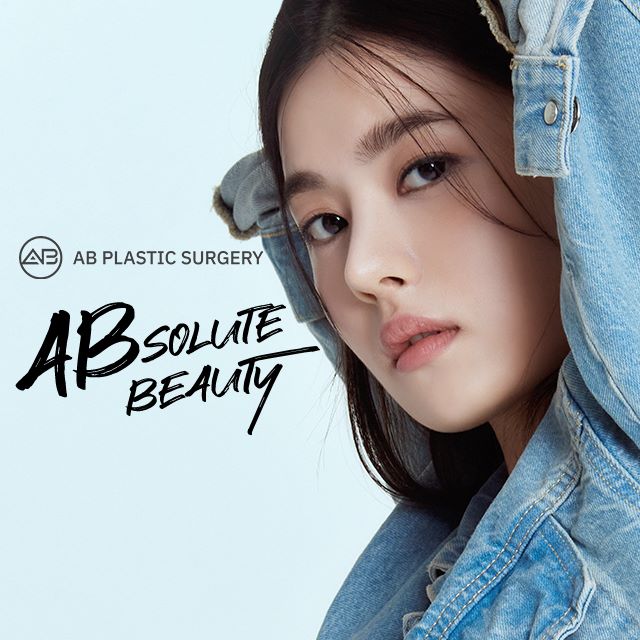What Are Korean Beauty Standards? Expert Analysis of 2025 K-Beauty Trends
Table of Contents
1. The Evolution of Korean Beauty Standards
2. Key Features of Contemporary Korean Beauty Standards
3. The Influence of K-Pop and K-Drama
4. Regional Differences in Korean Beauty Standards
5. The Natural Beauty Movement in Korea
6. Korean Beauty Standards vs. Global Aesthetics
7. Future Trends in Korean Beauty Standards
8. Embracing Korean Beauty Standards: A Balanced Perspective
Curious about what defines beauty in Korea? Whether you're planning a plastic surgery journey, interested in K-beauty trends, or simply fascinated by cultural differences, AB Plastic Surgery Korea's comprehensive guide explains the evolving Korean beauty standards that influence global aesthetics.
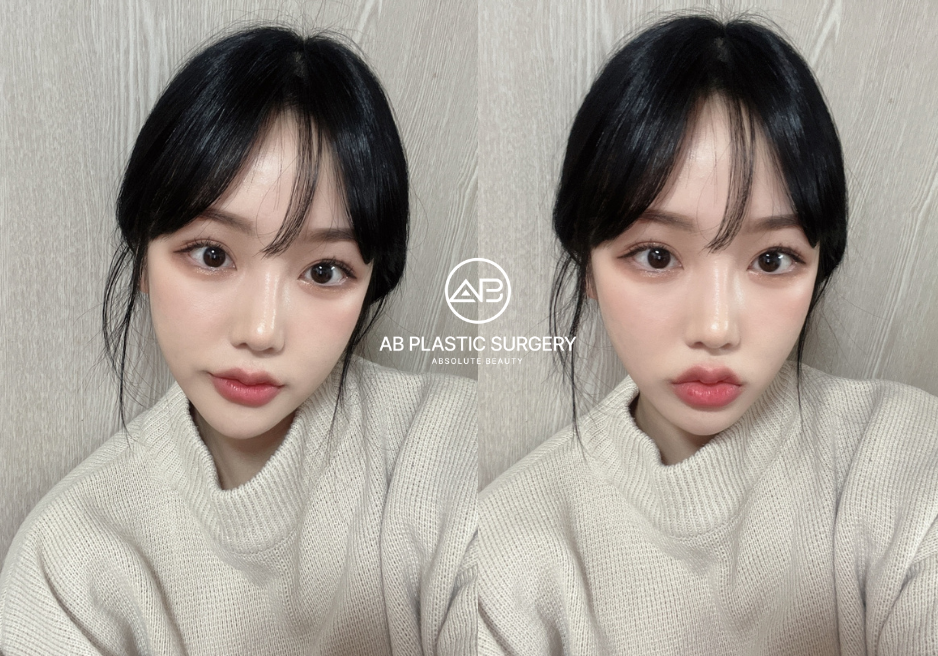
The Evolution of Korean Beauty Standards
Korean beauty ideals have evolved dramatically over time, shaped by cultural shifts, media influences, and globalization.
Traditional Beauty (Pre-20th Century)
During pre-20th century Korea, round, full faces symbolized prosperity and good fortune. Pale, porcelain-like skin indicated noble status and a life free from manual labor outdoors. Small, delicate features with almond-shaped eyes were prized in traditional beauty ideals.
Early Modern Period (1900-1980s)
As Korea entered the early modern period, Western media began influencing local beauty standards. Slightly more defined facial features gained popularity, though pale skin remained highly desirable. Natural beauty was still emphasized, with makeup focusing on enhancement rather than dramatic changes.
The Korean Wave Era (1990s-2010s)
The Korean Wave Era marked a significant shift in beauty standards. K-pop stars and K-drama actors became the new beauty icons, introducing more specific beauty ideals:
-
The emphasis on a "small face" with a V-shaped jawline
-
Double eyelids became increasingly desirable
-
The rise of the "S-line" body shape ideal (pronounced bust and hips with a slim waist)
Modern Korean Beauty (2020s-Present)
Today's Korean beauty standards represent a blend of traditional Korean features with global influences:
-
More diverse representations of beauty in media
-
Balance between enhancement and maintaining ethnic identity
-
The "natural" aesthetic within enhancement procedures
-
Focus on subtle improvements rather than dramatic transformations
Key Features of Contemporary Korean Beauty Standards
Today's Korean beauty standards emphasize a youthful, fresh-faced appearance with harmonious facial proportions.
Facial Shape and Structure
-
Small, V-shaped face: A narrow, tapering jawline creating a heart shape
-
High, defined cheekbones: Creating structural contrast with the slim lower face
-
Balanced facial thirds: Equal proportions between forehead, midface, and lower face
Eyes and Eyebrows
The eyes hold particular importance in Korean beauty standards:
-
Double eyelids (a visible crease in the upper eyelid)
-
Aegyo-sal (charming eye fat beneath the lower lids)
-
Straight, soft eyebrows following a gentle arch with a slight downward tail
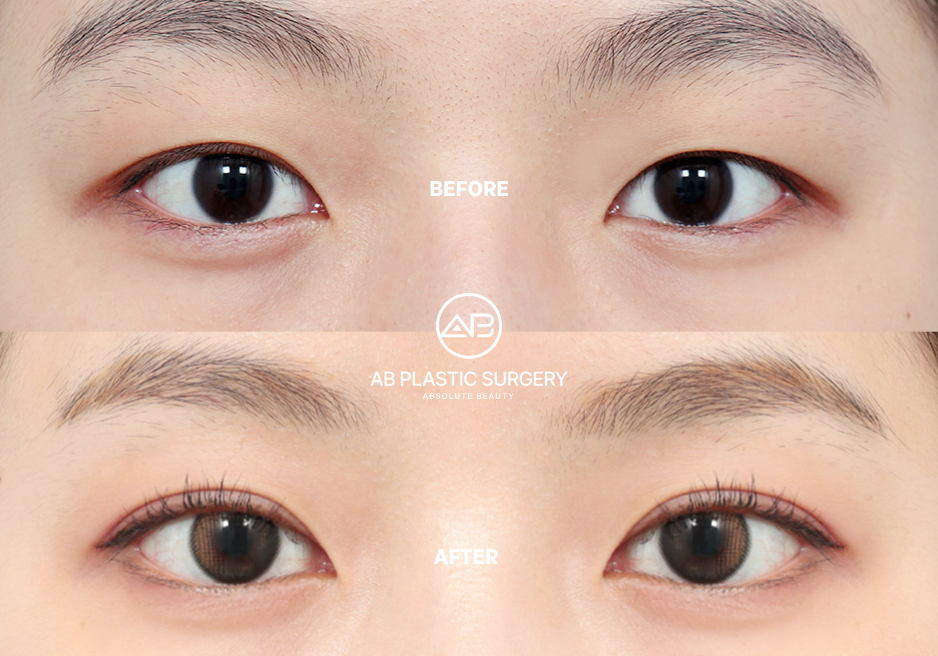
Nose Characteristics
The ideal Korean nose features:
-
High, straight bridge creating a defined profile
-
Moderate width proportionate to other facial features
-
Slightly upturned tip creating a youthful, feminine appearance
Lips and Smile
-
For lips and smiles, Korean beauty standards favor:
-
Heart-shaped lips with slightly fuller centers of the upper lip
-
Moderate volume—not too thin, but not overly plump
-
A bright, warm smile with white teeth
Skin Quality
Perhaps most famous is the Korean emphasis on skin quality:
-
"Glass skin": Exceptionally smooth, luminous complexion
-
Even tone with no pigmentation or redness
-
Poreless appearance that reflects light beautifully
The Influence of K-Pop and K-Drama
Korean entertainment has been the most powerful force shaping modern beauty standards, both within Korea and internationally.
K-Pop's Beauty Impact
K-pop idols project specific beauty ideals that millions aspire to emulate:
Female idols: Clear skin, double eyelids, V-line faces, and slim figures
Male idols: "Soft masculinity" with smooth skin, defined features, and lean physiques
Concept changes: Demonstrating how beauty can be transformed through styling and presentation
K-Drama's Influence
K-dramas have significant impact on beauty standards through their global reach:
-
Actresses represent the "attainable beautiful" ideal
-
Close-up shots highlight flawless skin and delicate features
-
Character transformations frequently include beauty makeovers
Regional Differences in Korean Beauty Standards
Beauty standards aren't uniform throughout Korea—they vary significantly between regions.
Seoul and Metropolitan Areas
-
Most influenced by global trends and celebrity culture
-
Higher emphasis on cosmetic procedures and enhancements
-
More adventurous with beauty trends and styles
Gangnam District (Seoul)
-
Korea's plastic surgery hub sets distinct trends
-
Emphasis on refined, sophisticated beauty
-
Higher tolerance for visible enhancements
Busan and Coastal Regions
-
Preference for more natural-looking beauty
-
Greater emphasis on healthy glow and sun protection
-
More relaxed standards for body type and weight
Rural Areas and Smaller Cities
-
More conservative beauty standards
-
Greater value placed on natural beauty
-
Less pressure for cosmetic enhancements
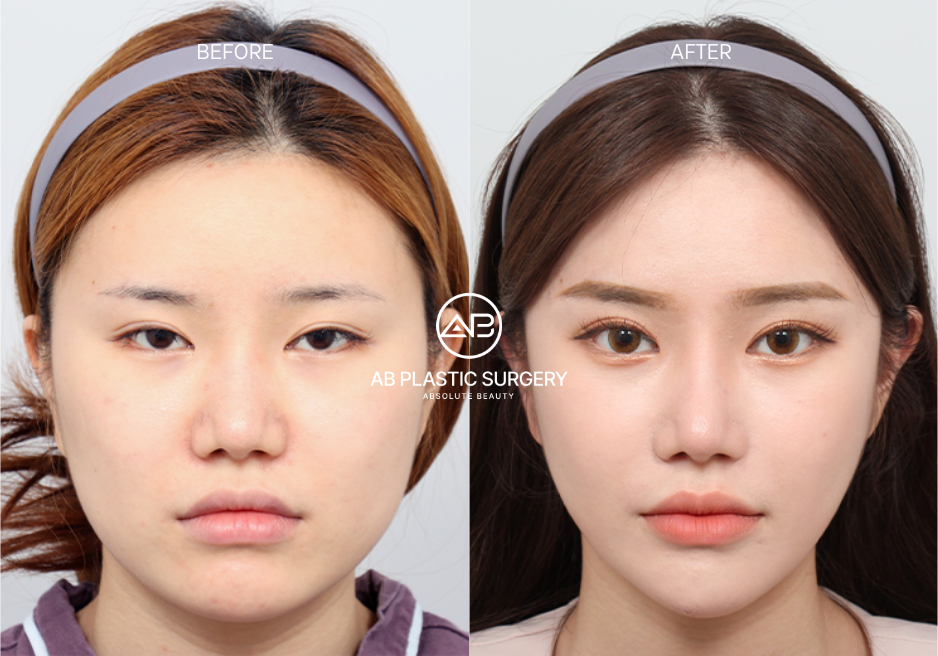
Popular Plastic Surgery Procedures in Korea
| Procedure Category | Most Requested Procedures | Key Characteristics |
| Facial Surgery | Double Eyelid Surgery, V-line Surgery, Rhinoplasty | Creating smaller face shape, defined eyes, higher nose bridge |
| Non-Surgical | Skin Treatments, Fillers, Botulinum Toxin | Emphasis on skin quality, subtle volume enhancement |
| Body Contouring | Liposuction, Body Contouring, Breast Surgery | Creating proportional, slim silhouette |
| Trends | Combination Therapies, "Baby Face" Contouring | Moving toward personalized approaches |
Most Popular Facial Procedures
-
Double Eyelid Surgery: Creating a visible crease in the upper eyelid
-
Rhinoplasty: Enhancing nose bridge height and refining the tip
-
V-line Surgery: Jaw reduction and reshaping for a heart-shaped face
-
Blepharoplasty: Addressing excess skin and fat around the eyes
Popular Non-Surgical Procedures
-
Skin Treatments: Laser, Thermage, and other skin rejuvenation therapies
-
Filler Injections: Strategic volume enhancement in the nose bridge, chin, and forehead
-
Botulinum Toxin: For jawline slimming, wrinkle reduction, and facial contouring
Emerging Trends for 2025
-
Combination Therapies: Multiple complementary non-surgical treatments
-
"Baby Face" Contouring: Techniques that create a youthful appearance
-
Custom-Designed Features: Moving away from standardized ideals
The Impact of Beauty Standards on Society
Korean beauty standards have profound effects on social dynamics and personal experiences.
Positive Impacts
-
Emphasis on skin health has advanced dermatological research
-
Beauty innovation has created a thriving industry with global influence
-
Self-care rituals promote wellbeing beyond mere appearance
Challenges and Concerns
-
Pressure to conform can impact mental health and self-esteem
-
Financial burden of maintaining appearance expectations
-
Potential reinforcement of narrow beauty ideals
Generational Perspectives
-
Older Generations: Often prioritize natural beauty and traditional values
-
Middle-Aged Adults: Balance between enhancement and natural appearance
-
Young Adults: Most influenced by media standards but increasingly questioning them
-
Gen Z: Beginning to push back against rigid beauty standards
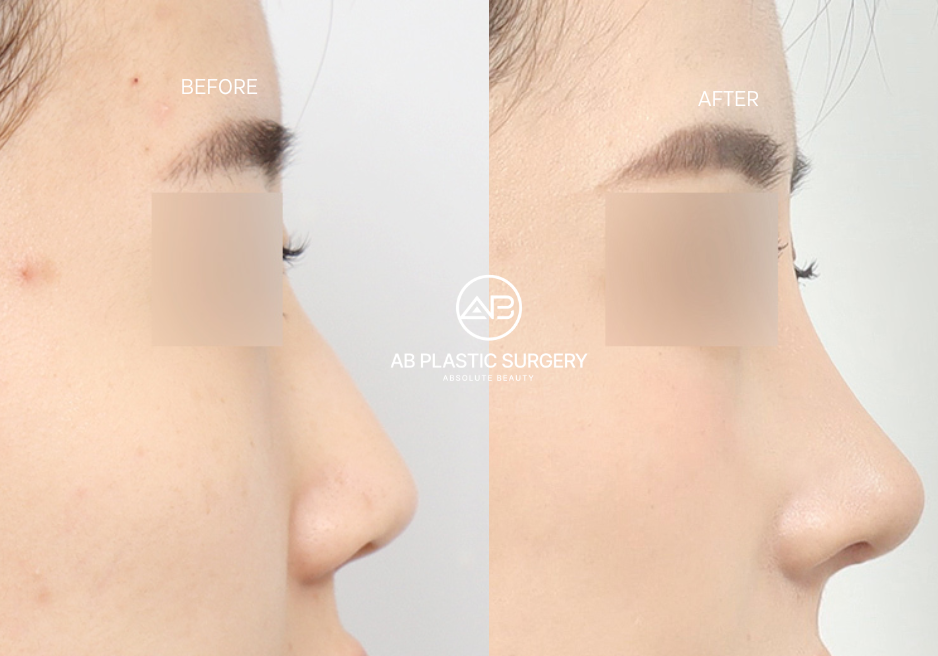
The Natural Beauty Movement in Korea
Recent years have seen the emergence of a counter-movement embracing more diverse and natural beauty.
The "Escape the Corset" Movement
This movement involves women:
-
Rejecting intensive beauty regimens and cosmetic procedures
-
Challenging social pressures around appearance
-
Advocating for acceptance of natural features and aging
Media Representation Shifts
-
More diverse beauty seen in newer K-dramas and entertainment
-
Celebrities speaking openly about beauty pressure
-
Social media influencers promoting self-acceptance
Industry Response
-
Plastic surgery marketing emphasizing "enhancement" rather than "correction"
-
Personalized approach focused on harmony with natural features
-
Growing popularity of procedures with minimal downtime and natural results
Korean Beauty Standards vs. Global Aesthetics
Korean vs. Western Beauty Standards
-
Facial Structure: Korea values V-shaped faces; West often prefers more defined, angular features
-
Eyes: Double eyelids preferred in Korea; variety of eye shapes celebrated in West
-
Skin: Korea emphasizes poreless, flawless skin; West increasingly values "healthy glow"
Korean vs. Other Asian Beauty Standards
-
Chinese beauty traditionally values oval faces, fair skin, and delicate features
-
Japanese aesthetics often emphasize cuteness (kawaii), with rounded features
-
Southeast Asian beauty typically celebrates a wider range of skin tones
-
Future Trends in Korean Beauty Standards
Our surgeons predict several key trends in the coming years:
Predicted Trends for 2025-2030
-
Increased Personalization: Moving away from standardized ideals
-
Technology Integration: AI-guided beauty analysis and procedure planning
-
Emphasis on Longevity: Focus on aging well rather than appearing younger
-
Cultural Fusion: Continued blending of Korean and global beauty influences
Embracing Korean Beauty Standards: A Balanced Perspective
For those interested in Korean beauty trends, we recommend a thoughtful approach:
Finding Your Balance
-
Focus on aspects that genuinely resonate with you personally
-
Consider enhancements that work harmoniously with your natural features
-
Prioritize health and wellbeing alongside aesthetic goals
-
Remember that beauty standards continue to evolve
To learn more about Korean beauty standards and how they might apply to your aesthetic journey, contact AB Plastic Surgery Korea for a personalized consultation with our experts.
